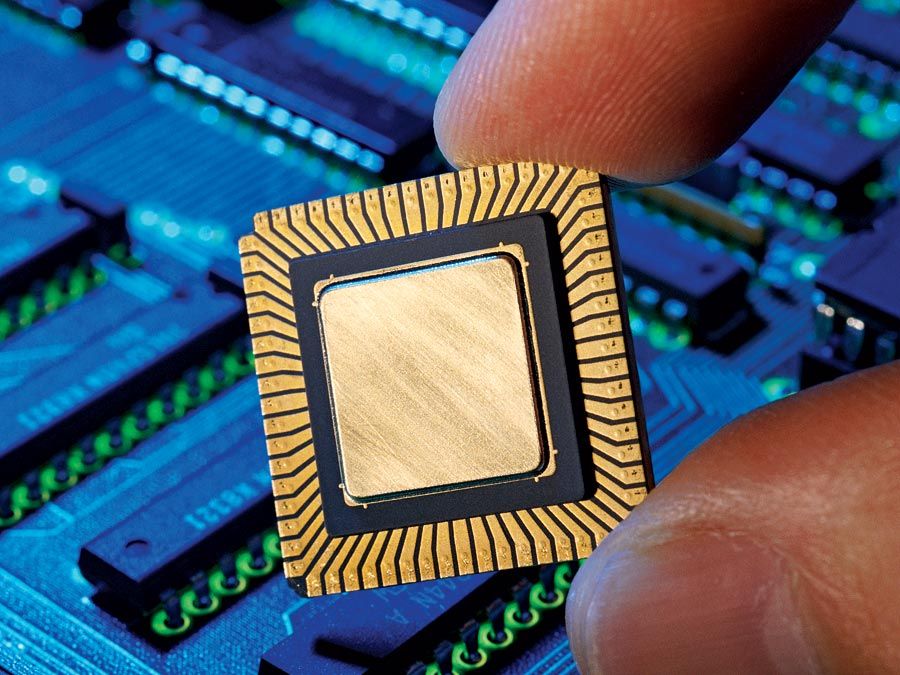In the ever-evolving world of technology, the battle between processors has always been fierce. Two giants, AMD and Intel, have been at the forefront, constantly pushing the boundaries of performance. In this blog post, we delve into the question that has been on the minds of tech enthusiasts: Is the Ryzen 7 better than the i7? We explore the key factors that set these processors apart and provide insights into their performance, power efficiency, and overall value.
- Performance: Unleashing the Cores
The Ryzen 7, with its Zen architecture, boasts a higher core count compared to the i7. This advantage translates into superior multitasking capabilities, making it a preferred choice for content creators, gamers, and professionals who demand high processing power. However, the i7's higher clock speeds and optimized architecture still make it a strong contender in single-threaded tasks. The choice ultimately depends on the specific workload and user requirements. - Power Efficiency: Balancing Performance and Energy Consumption
Energy efficiency is a crucial aspect to consider when comparing processors. The Ryzen 7, built on a 7nm process, exhibits remarkable power efficiency, delivering exceptional performance while consuming less energy. On the other hand, the i7, although slightly less power-efficient, compensates with its ability to dynamically adjust power consumption based on workload demands. This flexibility makes it an attractive option for users who prioritize a balance between performance and power usage. - Value for Money: The Price-Performance Ratio
When it comes to value for money, the Ryzen 7 shines. With its competitive pricing, it offers comparable performance to the i7 at a lower cost. This affordability makes it an enticing choice for budget-conscious consumers who seek top-tier performance without breaking the bank. However, the i7's established reputation and extensive software optimization may justify its higher price tag for users who prioritize brand reliability and compatibility. - Time for an Upgrade? Future-Proofing and Compatibility
Considering the rapid pace of technological advancements, future-proofing is a crucial factor to consider. The Ryzen 7, with its AM4 socket compatibility and commitment to long-term support, ensures a seamless upgrade path for users. Additionally, its compatibility with PCIe 4.0 offers faster data transfer speeds, enhancing overall system performance. While the i7 may have a slight advantage in terms of software optimization and compatibility with older systems, the Ryzen 7's forward-looking approach makes it a promising choice for future upgrades.
Conclusion:
In the battle of Ryzen 7 vs. i7, there is no definitive winner. Both processors excel in different areas, catering to diverse user requirements. The Ryzen 7's superior multitasking capabilities, power efficiency, and affordability make it a strong contender for those seeking high-performance computing on a budget. Meanwhile, the i7's optimized architecture, higher clock speeds, and brand reliability continue to attract users who prioritize single-threaded performance and compatibility with established software. Ultimately, the choice between the Ryzen 7 and i7 depends on individual needs, preferences, and budget constraints.


